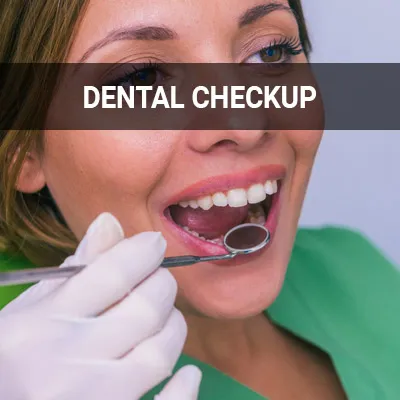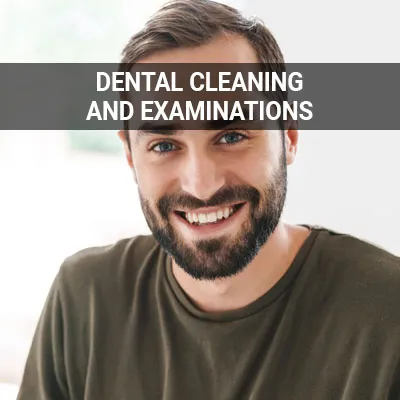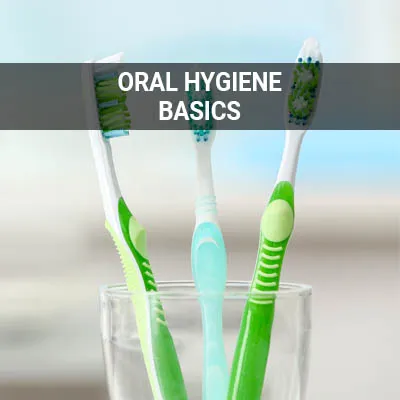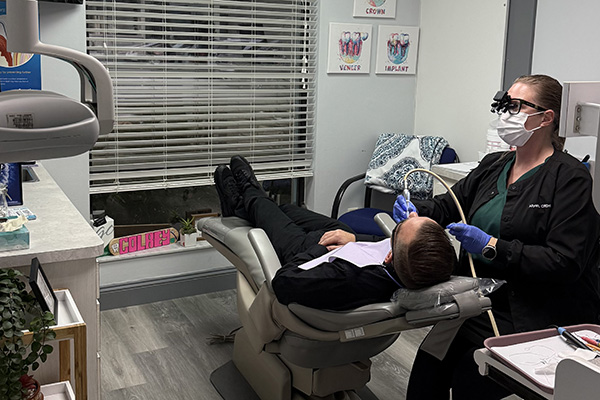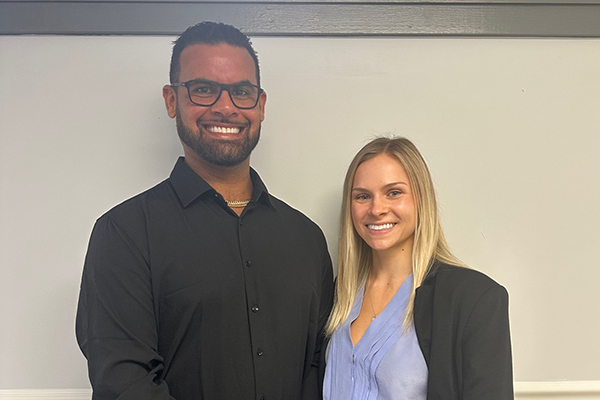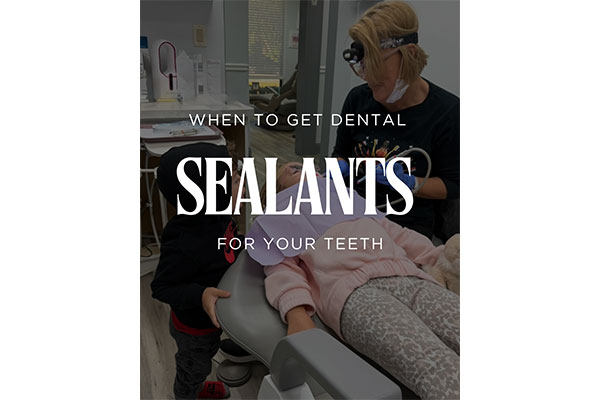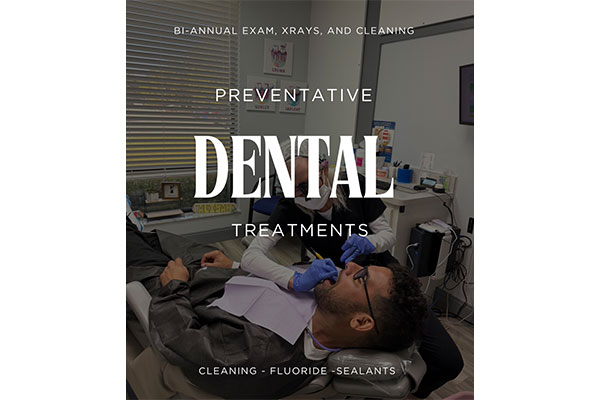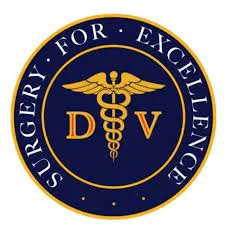Preventative Dental Care Port St. Lucie, FL
Preventative dental care is a crucial part of maintaining optimal oral health. It encompasses various practices and treatments, from maintaining good oral hygiene to having regular dental check-ups. This practice of caring for teeth can help keep teeth healthy and prevent dental issues.
Our team at St Lucie Center for Cosmetic Dentistry provides preventative dental care in Port St. Lucie and the surrounding area. We can support you in maintaining a healthy smile. Call us today at (772) 242-4124 to learn more about our services or schedule an appointment.
The Importance of Preventative Care
According to the Centers for Disease Control and Prevention (CDC), one in four adults suffers from untreated tooth decay. The longer someone waits to visit the dentist, the more likely they are to develop painful and costly dental problems later on. Preventative dental care lowers the risk of developing cavities, gum disease, and other serious dental problems. It can also help reduce dental problems related to some chronic medical conditions such as diabetes.
Oral health is also connected to the health of the entire body. The mouth is a breeding ground for harmful bacteria as well as the entry point to the digestive and respiratory tracts. Without proper oral hygiene, including preventative dentistry, secondary problems can develop such as respiratory and heart disease.
In addition to reducing a family's risk for other health issues, practicing good preventive dental care can save money. While it may not completely eliminate treatments such as fillings, it can go a long way in reducing the need for costly services. In fact, a study by Cigna concluded that, "Customers who did not receive preventive care experienced a 43% increase to their annual dental costs over the same period of time." This illustrates that individuals who practice regular preventive oral health care and visit their dentist as recommended achieve higher cost savings each year.
“The longer someone waits to visit the dentist, the more likely they are to develop painful and costly dental problems later on.”
When To See the Dentist
Typically, patients should have regular dental check-ups about once or twice a year. However, every patient has their own needs. Some patients may need to visit the dentist more than twice a year. The number of appointments a patient needs to maintain oral health will depend on their health, habits, and medical conditions.
People who are at high risk of dental diseases may need to schedule appointments about every three months. This includes pregnant women, diabetics, smokers, and people with gum disease, a weak immune system, or are cavity-prone. Our team can determine the optimal appointment frequency for each patient.
“The number of appointments a patient needs to maintain oral health will depend on their health, habits, and medical conditions.”
A Proper Cleaning Routine
Having a proper cleaning routine remains the most important part of preventative dental care. People must brush their teeth twice a day and floss at least once. Brushing will remove decay-causing bacteria and debris, while flossing helps clean the tight spaces between the teeth.
Brushing and flossing can remove plaque and prevent it from developing. However, once plaque has developed into tartar, the only way to remove it is with a professional dental cleaning. Dental cleanings are a part of routine dental appointments and involve using a scaler to remove plaque and tartar from around the gum line and between teeth.
“Brushing will remove decay-causing bacteria and debris, while flossing helps clean the tight spaces between the teeth.”
Check out what others are saying about our dental services on Yelp: Preventative Dental Care in Port St. Lucie, FL
Making the Right Lifestyle Choices
Lifestyle choices can have a direct effect on a family's dental health. From poor sleep to smoking and piercings, many personal decisions can harm oral health. Using tobacco inhibits your mouth's natural healing properties and makes you more likely to experience dental disease, while the hardware used in piercings in the lips, cheeks or tongue can cause gum recession and chipped teeth.
A healthy diet can also prevent dental issues down the road. A diet lacking in certain nutrients may make it more difficult for tissues in the mouth to resist infection, which can contribute to gum disease. This is a major contributor to tooth loss in adults.
It is best to limit the intake of excess sugar. Sugar is the bacteria's food of choice and can lead to tooth decay and gum disease. Many foods and drinks packed with sugar are also acidic, which can break down a tooth's protective enamel. Drink plenty of water and eat a variety of foods from the five major food groups. The vitamins and minerals provided in such foods assist with oral health.
“Lifestyle choices can have a direct effect on a family’s dental health.”
Questions Answered on This Page
Q. Why is preventative care important? How can it save you money?
Q. How do lifestyle choices affect dental health?
Q. What other preventative services are available?
Q. When should I see the dentist?
Q. What is a proper cleaning routine?
People Also Ask
Q. What are some of the advantages and disadvantages of dental sealants?
Q. Can sealants protect against cavity-forming bacteria?
Q. What should be included in an at home oral health routine?
Q. What is the difference between a dental checkup and a dental cleaning?
Q. What family members may need extra help with their oral hygiene?
Treatments to Consider
In addition to regular checkups and cleanings, a dentist may suggest other services to assist with a family's preventative dental care. These may include fluoride or dental sealants. These services and treatments provide another protective layer to help combat tooth decay.
Topical fluorides strengthen existing teeth, making them more decay-resistant. Many dentists provide these treatments to children under 18. For people who are predisposed to cavities or decay, a special gel for daily home use may be recommended.
Dental sealants are thin, plastic coatings painting on the chewing surface of teeth. They shield the teeth from food debris and bacteria responsible for cavities. The teeth are thoroughly cleaned and then the sealant is applied. It is hardened using a laser or ultraviolet light to fuse it to the teeth. The entire process takes less than an hour.
“In addition to regular checkups and cleanings, a dentist may suggest other services to assist with a family’s preventative dental care.”
Frequently Asked Questions
Q. How are fluoride treatments applied?
A. Fluoride treatments can happen with a brush, cotton swab, rinse, or mouth tray. It takes about 30 minutes for teeth to absorb the fluoride treatment and repair microscopic cavities. Patients will need to refrain from eating or drinking anything during this time.
Q. Are X-rays safe?
A. Yes. While X-rays involve the use of radiation, the levels are very minimal. They are safe for both children and adults.
Q. How do dental sealants prevent cavities?
A. While brushing and flossing are essential, it is sometimes difficult to thoroughly clean the rough surfaces of some teeth. The premolars and molars are especially susceptible to decay and cavities for this reason. Dental sealants form a protective coating over rough surfaces to shield teeth from cavities and decay.
Q. Is preventative dental care important for children too?
A. Preventative dental care is very important for children. While primary teeth are not permanent, they play a significant role in the proper emergence of adult teeth. Preventative dental care can help children protect their teeth for a lifetime of good dental health.
Q. How much does preventative dental care cost?
A. The cost of preventative dental care will depend on the patient's dental insurance. Insurance plans often cover preventative dental treatments. People should contact their insurance provider for more coverage information.
Dental Terminology
Schedule Your Preventative Visit Today
If it's been some time since you've scheduled preventative dental care, call us at 772-242-4124 for more assistance to start the journey to better oral health.
Helpful Related Links
- American Dental Association (ADA). Glossary of Dental Clinical Terms. 2024
- American Academy of Cosmetic Dentistry® (AACD). Home Page. 2024
- WebMD. WebMD’s Oral Care Guide. 2024
About our business and website security
- St Lucie Center for Cosmetic Dentistry was established in 1984.
- We accept the following payment methods: American Express, Cash, Check, Discover, MasterCard, and Visa
- We serve patients from the following counties: St. Lucie County
- We serve patients from the following cities: Port St. Lucie, River Park, White City, Fort Pierce, Fort Pierce South, St Lucie West, Tradition, Palm City, Jensen Beach, and Stuart
- Norton Safe Web. View Details
- Trend Micro Site Safety Center. View Details
Back to top of Preventative Dental Care



